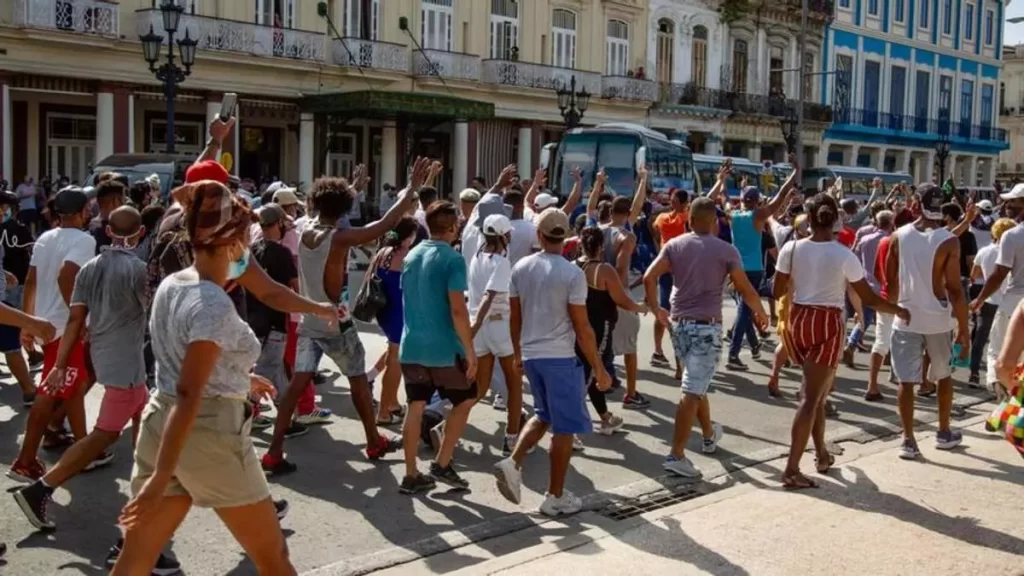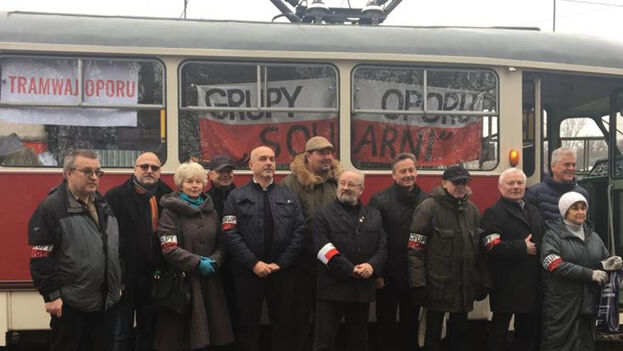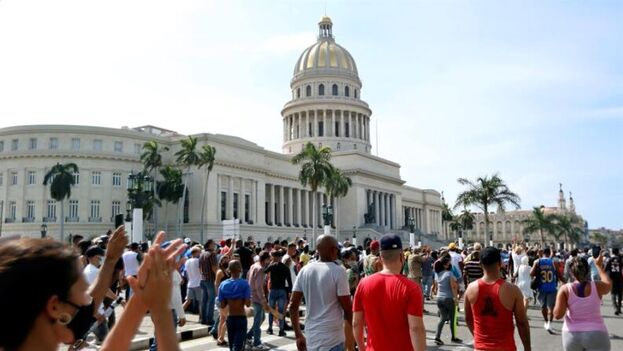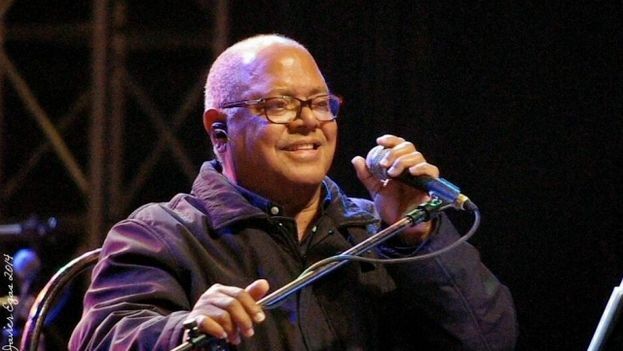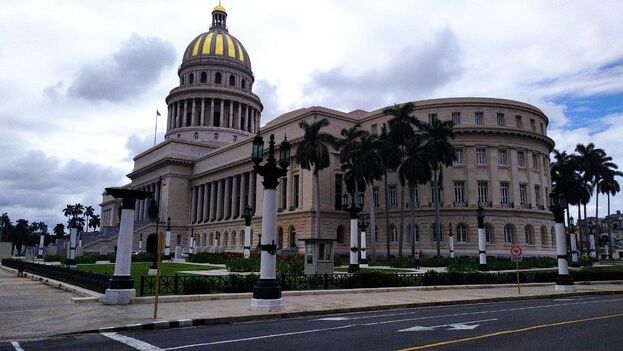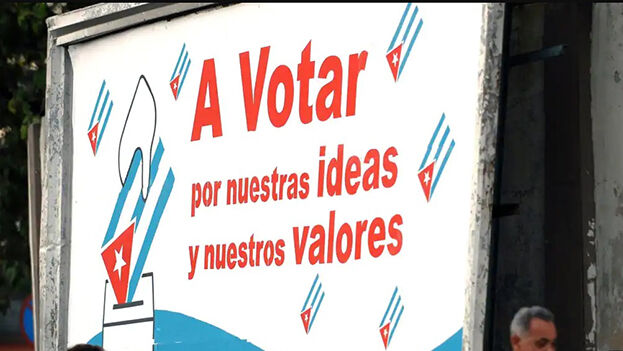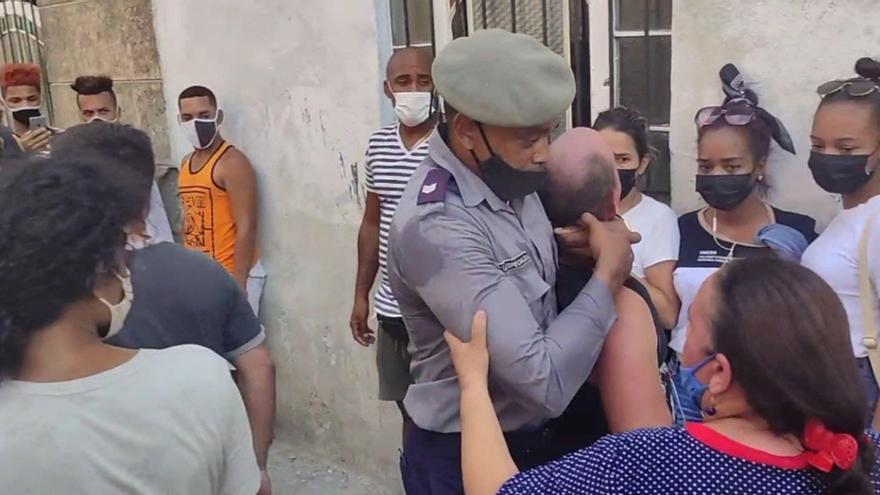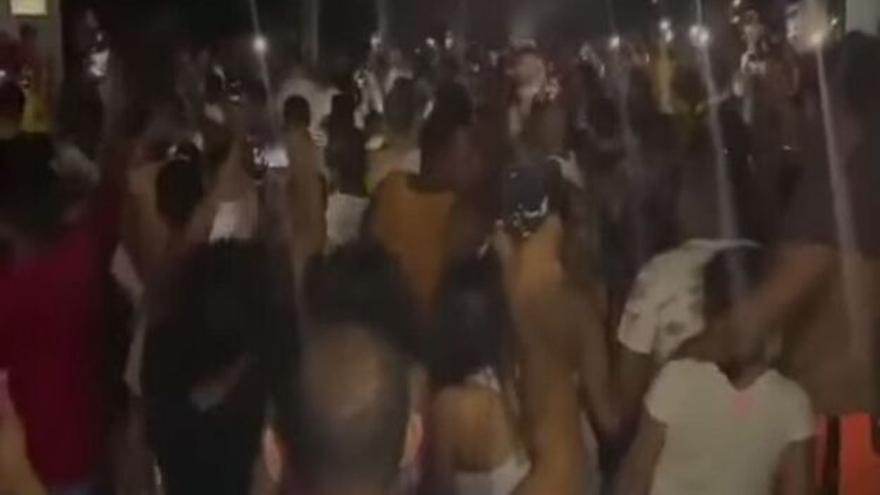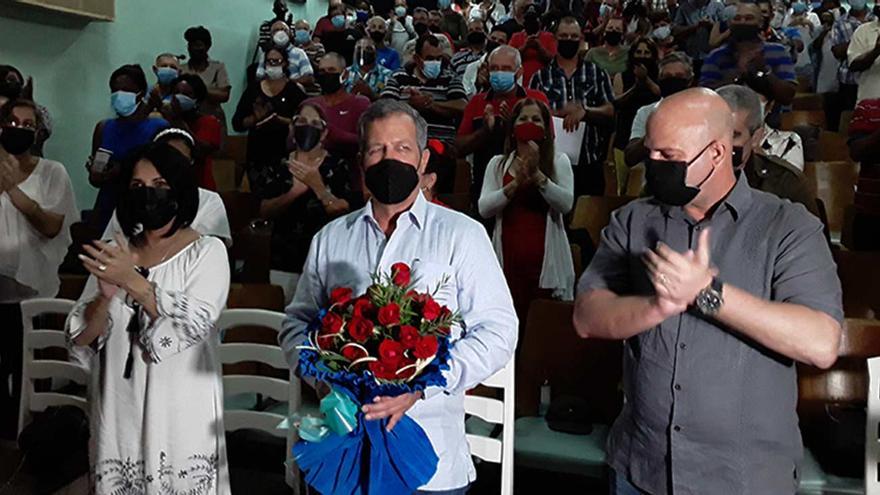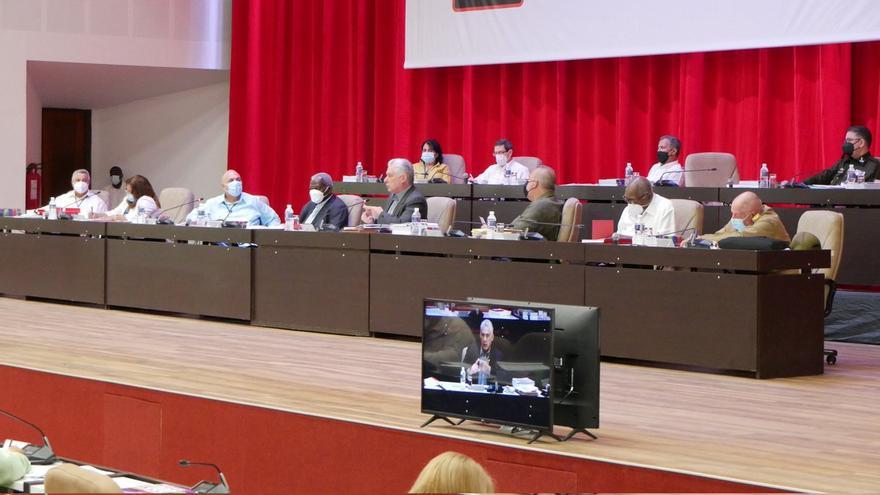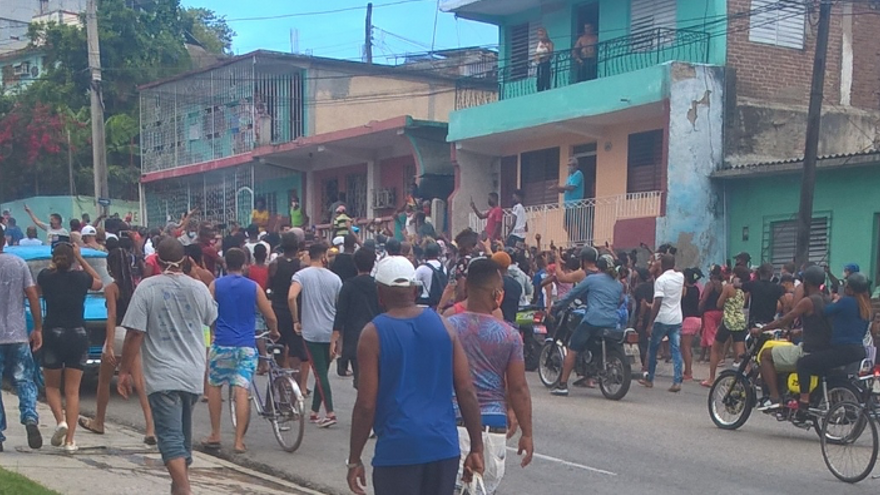“All the conspiracies, landings and uprisings, ended with the imprisonment or shooting of almost all the insurgents”

![]() 14ymedio, Ariel Hidalgo, Miami, 21 July 2024 — The Cuban regime has proven to be a portentous giant due to several factors: its three armies that have fought on other continents; a very effective intelligence apparatus modeled on the German Stasi; very well equipped and trained repressive forces; and, as if that were not enough, the control of all the spheres of a totalitarian society.
14ymedio, Ariel Hidalgo, Miami, 21 July 2024 — The Cuban regime has proven to be a portentous giant due to several factors: its three armies that have fought on other continents; a very effective intelligence apparatus modeled on the German Stasi; very well equipped and trained repressive forces; and, as if that were not enough, the control of all the spheres of a totalitarian society.
It is not surprising, therefore, that all the violent actions of their opponents have been defeated: all the conspiracies, landings and uprisings ended with the imprisonment or shooting of almost all the insurgents. But like the supposedly unbeatable hero of ancient Greece, Achilles, whose body had a vulnerable point – his heels – that can actually happen to a regime. It’s a giant with feet of clay.
What is the Achilles heel of the regime? Well, the world where all that impenetrable force has risen is sustained on the basis of lies. It is all a lie. It is not true that the triumph of the Revolution meant freedom for the Cuban people, that it was a revolution for the good of the people. It’s not true that they put and end to the latifundios* and that the lands were divided among the dispossessed peasant, that property titles were given only to those who already owned them as pre-owners and tenants. The latifundios continued to exist, only they ceased to be private and became state-owned, which gave rise to the largest of all landowners in national history: the State.
It survives on the basis of the lie. It is all a lie.
It is not true that all the large and medium-sized companies of the bourgeoisie were expropriated to turn the workers into “owners of the means of production”; rather all were given to bureaucrats appointed by the government leadership, not for their ability but for their political reliability, continue reading
It is not true that the confiscation of all the small properties was carried out against the “small bourgeoisie”; it happened to independent workers, among whom were greengrocers, street vendors and even shoe shiners. It is not true that the physical integrity of those who suffered prison was respected. It is not true that the workers and the people placed their trust in the State and the single party as representatives of their interests, because a referendum was never held to demonstrate it.
The recounting of all the lies, of course, would be very difficult to list in an article like this, but it is important to say that all of them have been constantly repeated in newspapers, magazines, speeches, radio and television programs; in books, school texts and study circles, following the teaching of the great Nazi master in this “art”, Joseph Goebbels: A lie repeated sufficiently over and over again becomes a truth.
But one day that regime began to face a new type of unexpected adversary, more dangerous than all the previous ones, more than the conspirators, invaders and armed insurgents. They were groups of peaceful men and women whose only weapon was the word, who even by imprisonment could not be silenced. Why were they more dangerous? Because they had decided to speak the truth; they attacked the Achilles heel of the regime: the lie.
Vaclav Havel, leader of the Czech dissidence, said that at any moment all those who live in the lie “can be stunned by the force of truth.” And with the strength of the truth one can gain the conscience of citizens, even of those who support the repressors. And if the lies with which it has been maintained collapse, the regime loses the sustenance on which it stood.
If those who raised the empire of lies began their struggles by attacking barracks, now it is about conquering the consciousness of those who entrench themselves in the barracks
So, what is the use of having three well-armed armies, a powerful intelligence apparatus with advanced espionage techniques and trained and well-equipped repressive bodies, if those who wield those weapons, those who handle those techniques and those who have this equipment are human beings whose consciences can be surrendered before the force of the truth? If those who raised the empire of lies began their struggles by attacking barracks, now it is about conquering the conscience of those who entrench themselves in the barracks, without firearms, without killing anyone; on the contrary, only through the clarifying word and the conciliatory embrace.
The German demonstrators who later demolished the Berlin Wall said that they did not want to see the policemen sent to repress them as opponents but to “talk to them so they would be on our side; not curse them for being policemen, but for them to feel part of us, to know that they felt the same and shout the same thing: No to violence! We wanted to attract the opposite side.” In other words, the protesters did not practice physical or verbal violence. Then they blocked the entrance to the headquarters of the Stasi, the State Security of Germany, shouting “No to the violence”! And they even entered it, but the guards didn’t dare shoot because the demonstrators didn’t carry weapons or stones; they only lit candles.
In the demonstrations against the Milosevic dictatorship in Yugoslavia, the young women smiled at the soldiers sent to repress them, with flowers and Serbian flags, and they shouted at them: “You are part of the people! We are all brothers! We are all victims of those who govern!” Attitudes like that influenced the fact that later, when the dictator ordered the soldiers to leave the barracks in the middle of a large demonstration and to repress the demonstrators, they refused to obey him, and that is how the end of the tyranny came about.
Many of those who still support the Cuban regime do so only out of the fear that if it collapses, they will hold it to account for its past, so that general political amnesty must be publicly supported, which means that it would be applied both to those who are imprisoned and to the perpetrators who are not. If, on the contrary, the repressors are threatened with lynching after the fall of the tyranny, they are strengthened, because it is the same as telling them: “Keep repressing and stronger, so that you avoid being lynched.” Martí summed it up like this: “Nothing triumphs against the threatened instinct of self-preservation.”
This does not mean silence and forgetting the blame because we have to learn from the mistakes, but we must not only have the courage to ask for forgiveness but also to forgive. We have to leave resentments in the past, and then, all together, raise the new Cuba. I am not the only one saying this; but the Master [José Martí] himself: “Con todos y para el bien de todos”… “With all and for the good of all.”
*Translator’s note: Large land holdings, especially in Spain, typically worked by slaves.
Translated by Regina Anavy
____________
COLLABORATE WITH OUR WORK: The 14ymedio team is committed to practicing serious journalism that reflects Cuba’s reality in all its depth. Thank you for joining us on this long journey. We invite you to continue supporting us by becoming a member of 14ymedio now. Together we can continue transforming journalism in Cuba.


